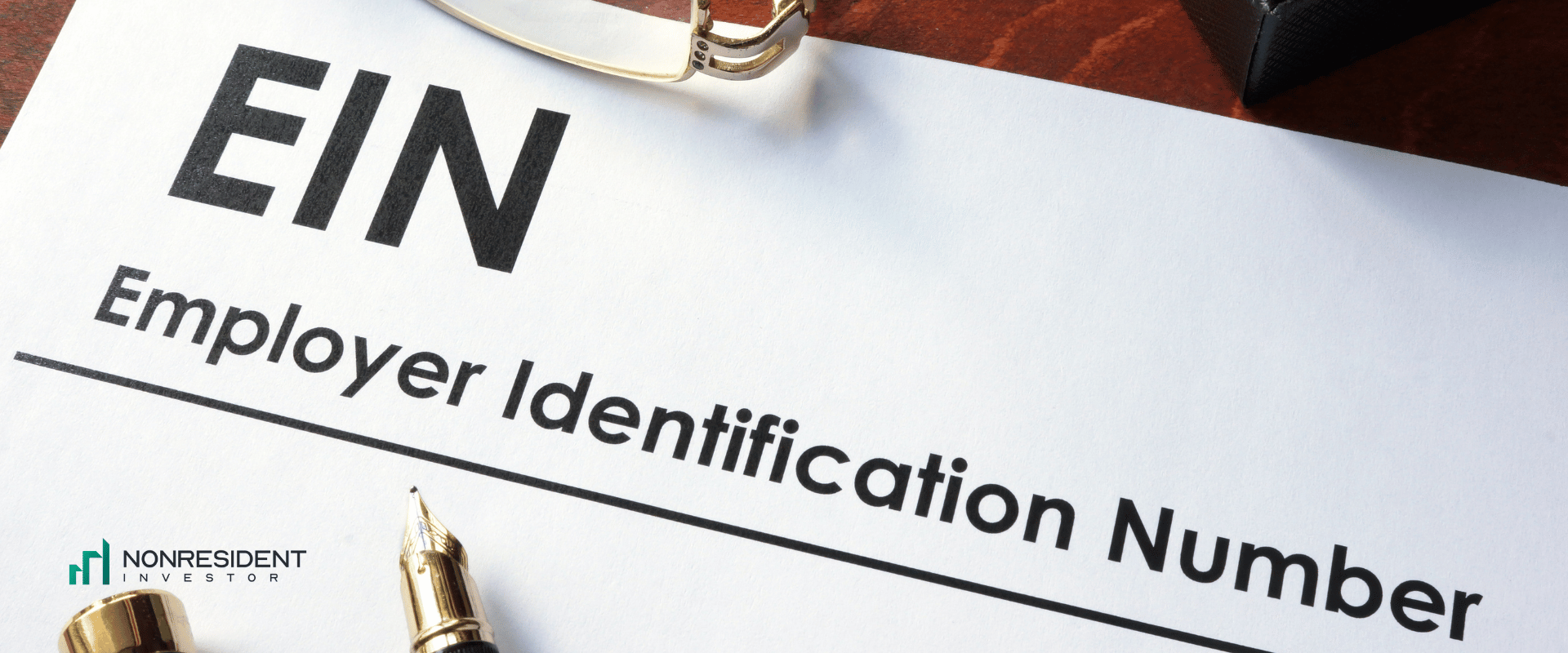One of the decisions to make when converting an entity is whether to obtain a new Employment Identification Number (EIN) or to keep the current EIN in place.
A company’s EIN is a unique nine-digit number for U.S. business entities use for tax filings and other identification purposes. EINs are required for a company can transact business, open a bank account, pay certain taxes such as payroll and excise taxes, and other reasons. So when a company undergoes a conversion, the conversion may cause confusion and the need to seek advice.
In some situations, there can be significant advantages for the converted entity to keep its EIN. One common example is when a company holds state licenses and registrations and there can be significant time financial cost to reapply for these licenses with a new EIN.
Likewise, when a limited liability company is classified as either a disregarded entity or a partnership for U.S. federal income tax purposes is converted into a corporation, the general rule is that the resulting converted entity is deemed to be the same entity as the converting entity under state law. A new EIN need not be sought if the entity converted either (1) files IRS Form 8832, Entity Classification Election, electing to be classified as an association taxable as a corporation or IRS Form 2553, Election by a Small Business Corporation, electing to be classified as an S Corporation, prior to the date of the conversion or (2) sends an EIN retention letter to the IRS stating that it wishes to retain its EIN in accordance with the Internal Revenue Service’s (IRS) internal procedures.
In the case of any cross-species conversion or merger, the form of the transaction must be analyzed to determine whether the entity may retain its historic EIN. Issues such as changing the transaction steps may need to be modified to permit the entity to retain its historic EIN.
David Seidman is the principal and founder of Seidman Law Group, LLC. He serves as outside general counsel for companies, which requires him to consider a diverse range of corporate, dispute resolution and avoidance, contract drafting and negotiation, and other issues.
He can be reached at david@seidmanlawgroup.com or 312-399-7390.
This blog post is not legal advice. Please consult an experienced attorney to assist with your legal issues.
Photo credit: Nonresident Investor













